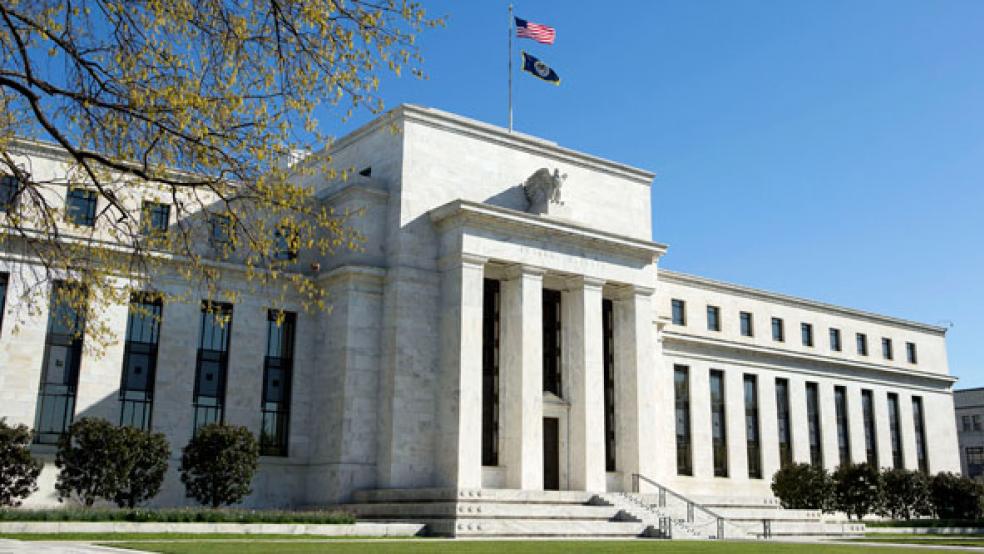In addition to driving up the national budget deficit, the Republican-sponsored tax reform plan also likely will push up growth and cause the Fed to hike interest rates faster than it had planned, according to a Deutsche Bank analysis.
If the plan were to be put in according to the broadstrokes the GOP outlined last week, it would add $2 trillion to $2.5 trillion to the deficit over the next 10 years, Deutsche senior economist Matthew Luzzetti said in a note.
Even under a more modest plan that would stand a better chance of congressional approval, that would still boost the shortfall by up to $1.7 trillion, Luzzetti said.
Correspondingly, tax cuts associated with the full plan would boost economic growth by 0.4 percentage points by the end of 2018. Under the scaled-back scenario, GDO would get a 0.2 percentage point push.
That in turn would force the Fed's hand, the analysis stated.
"The Fed's response is critical to these results. If instead we constrain the Fed to not react to the tax cuts, we find that growth is meaningfully higher, the unemployment rate is much lower, and core inflation would overshoot the Fed's target, potentially by a large amount," Luzzetti wrote. "These results depict very clearly why we should expect the Fed to tighten monetary policy at least modestly faster than they currently anticipate if tax cuts are passed."
The White House has indicated that it will not waiver from a pledge to cut the corporate income tax from 35 percent to 20 percent. In addition, the plan reduces the amount of tax brackets from seven to three, cutting the top rate from 39.2 percent to 35 percent and doubling the standard deduction for income tax filers, raising the so-called zero bracket to $24,000.
Critics already have pounced on the plan as a giveaway to the rich that does little for lower income brackets. However, expectations are rising that the Republicans will accomplish at least some level of tax cuts or reform before the mid-term elections in 2018.
"Passage of this package, even a slimmed down version, is going to be politically difficult," Luzzetti said. "But we continue to see scope for a modest tax cut that is significantly less detrimental to the budget outlook than the plan presented this week, centered primarily on the corporate side and complemented by smaller personal tax cuts."
Should a cut again approval, that would cast the spotlight on the Fed, the U.S. central bank that sets short-term rates which then influence levies on other forms of debt.
The Fed currently expects to approve one more increase this year then six more through the end of 2019.
Should the tax cuts be approved and generate growth, Deutsche's analysis sees the Fed undertaking at least one or two more hikes than planned through 2019.
In addition to hiking rates, the Fed is removing policy accommodation by shrinking its $4.5 trillion balance sheet, comprised mostly of bonds it accrued in stimulus programs from 2008-2014.
Later this month, the Fed will begin allowing a capped level of proceeds from its bonds to roll off the balance sheet. The caps will increase by $10 billion each quarter to reach a total of $50 billion, paving the way for the balance sheet likely to fall below $3 trillion over the next several years.
This piece originally appeared on CNBC. Read more from CNBC:
* How hotel security might change after the deadliest shooting in US history
* Microsoft's CEO Satya Nadella broke unspoken rules on his rise to CEO
* These 6 super-rich celebrities still drive cheap, old cars




